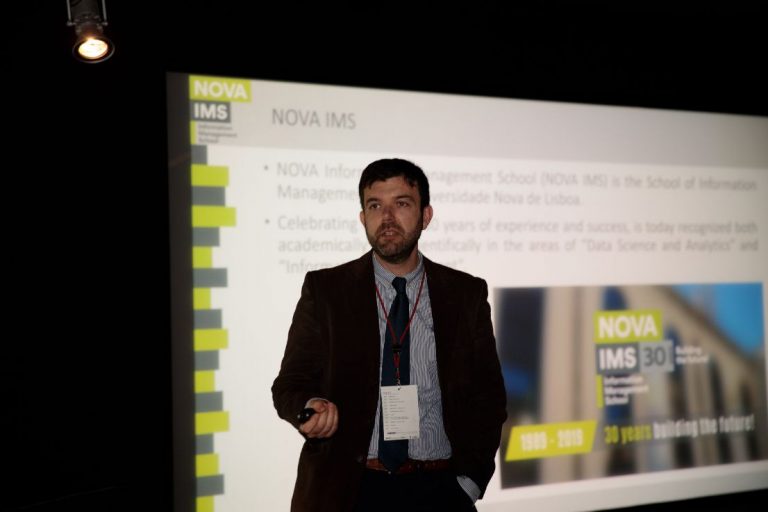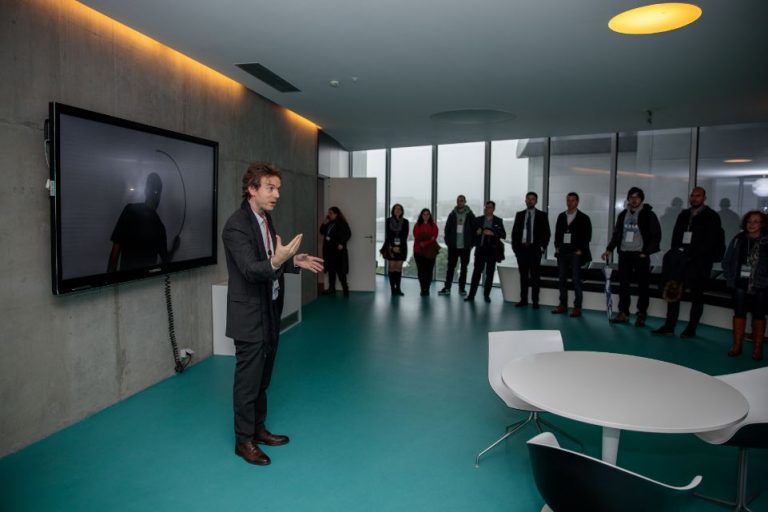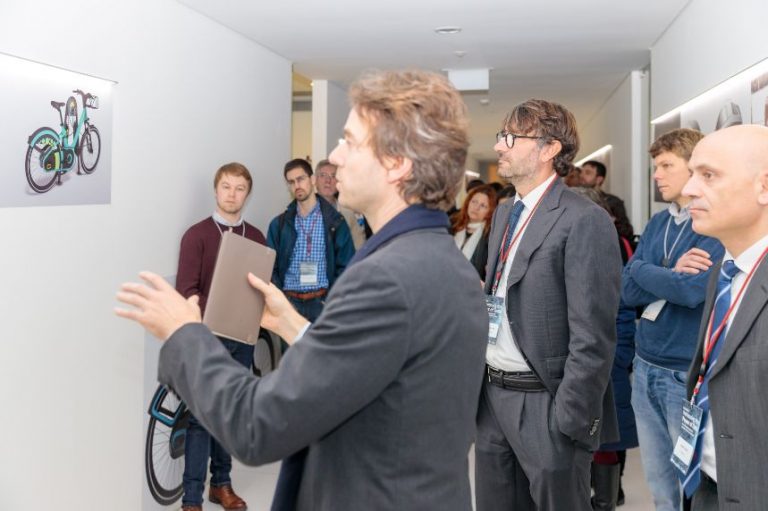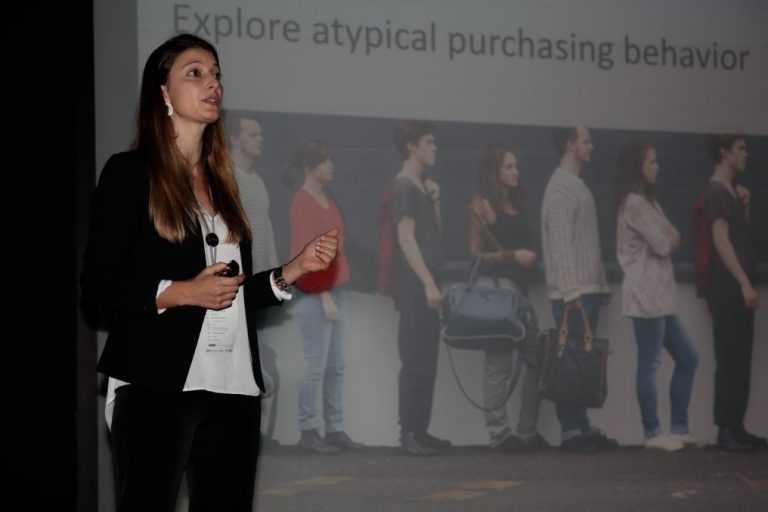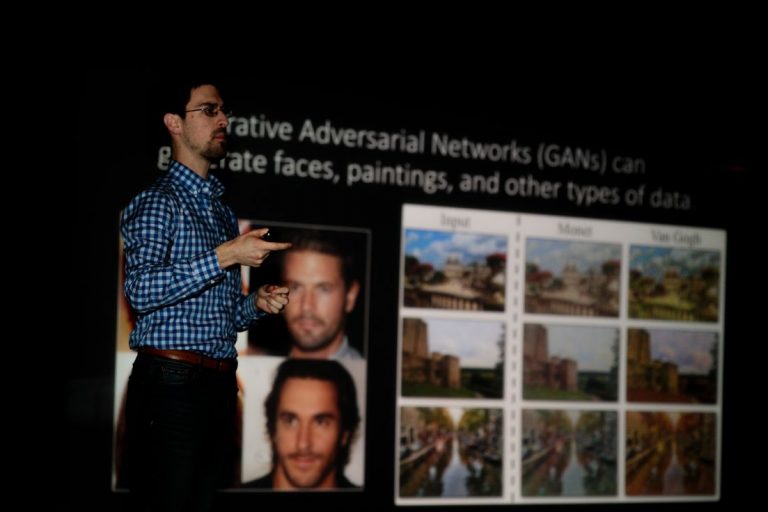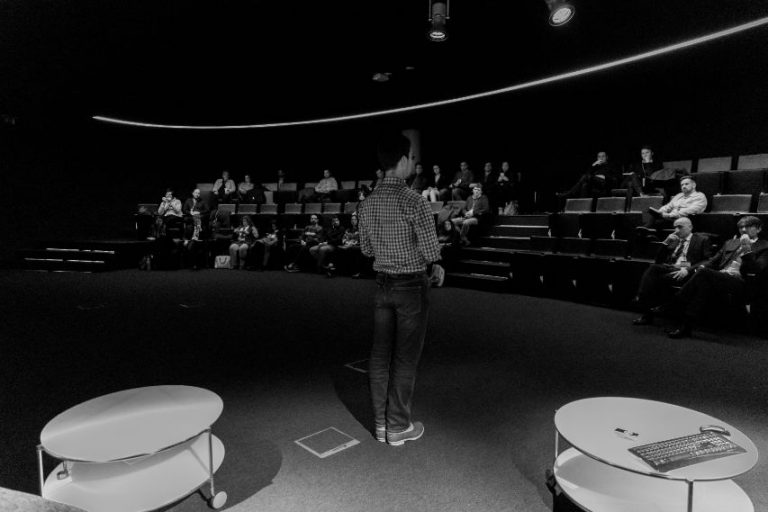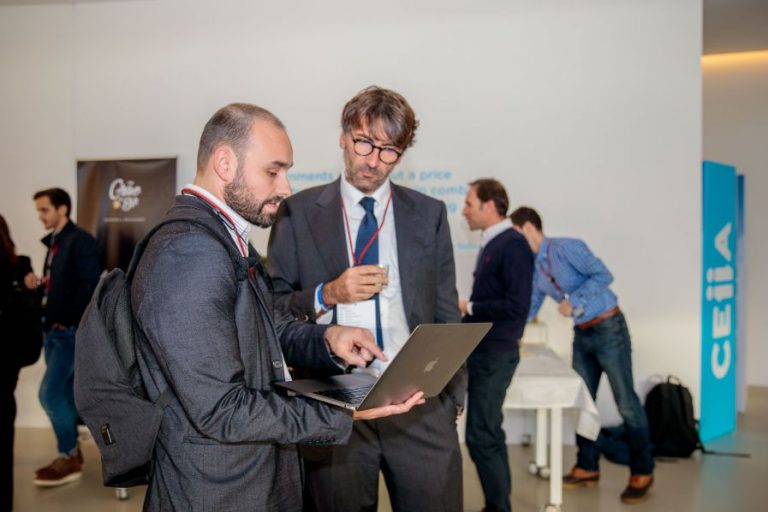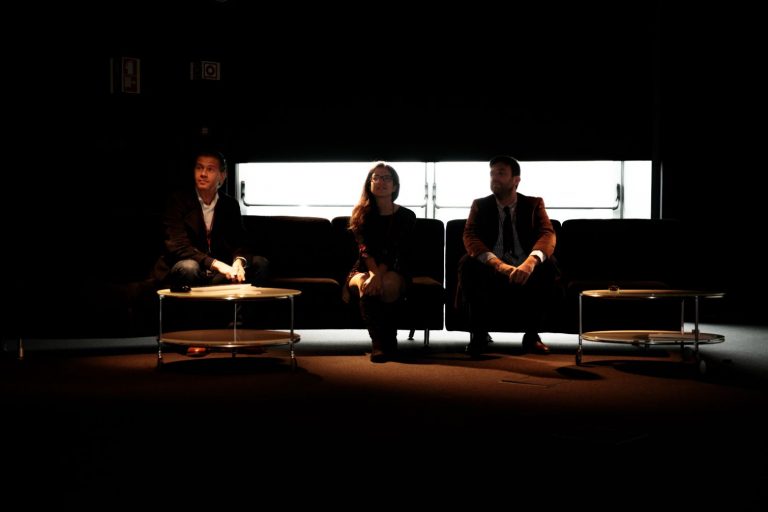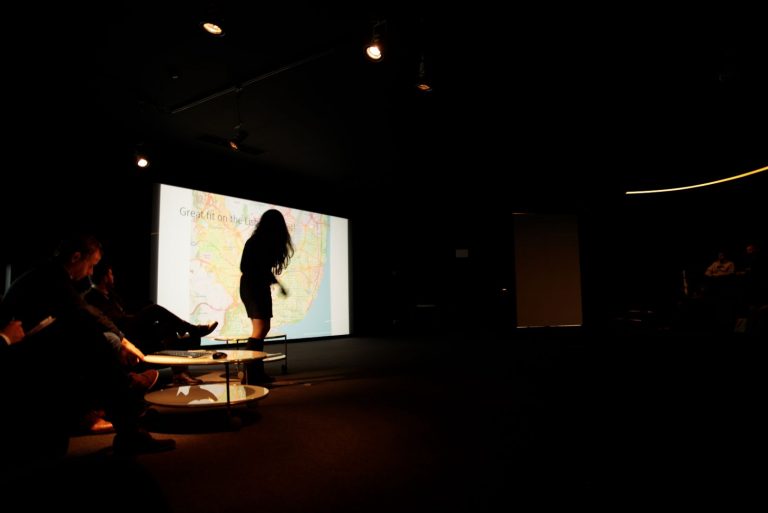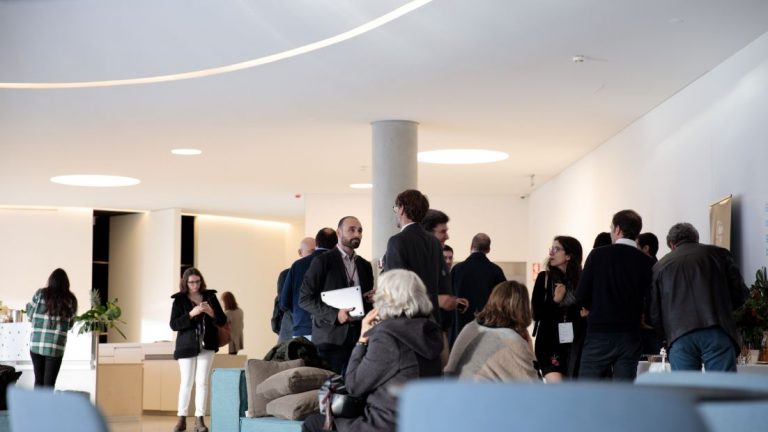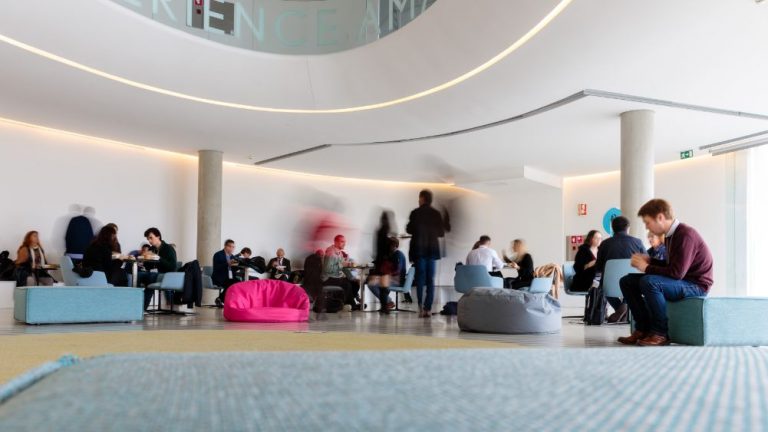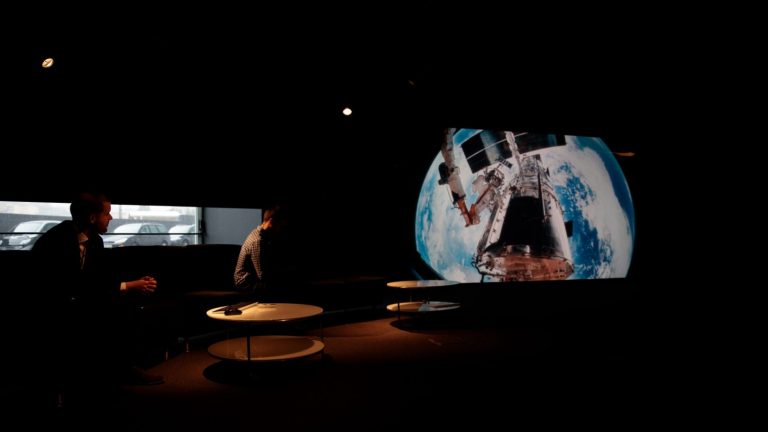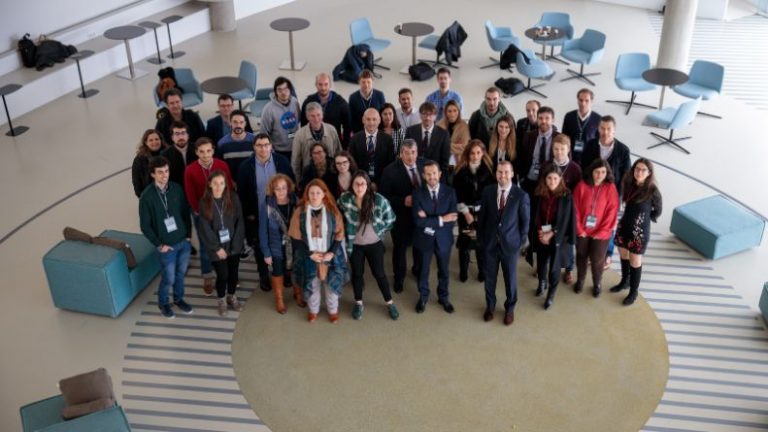MIT Portugal Data Science Workshop Wrap Up
Brandon Leshchinskiy, a Dual SM Candidate in MIT’s Technology & Policy and Aeronautics & Astronautics program, attended MPP’s Data Science Workshop in Porto. His presentation: “The Earth Intelligence Engine: Data science for weather and climate resilience” was received by all! Read his write-up of the day below.
Harnessing the Power of Data, a workshop hosted by MIT Portugal and Elsevier, was a day dedicated to discussing and furthering Portugal’s use of data for sustainable growth. The day opened with short speeches, including one by Portuguese Minister of Science, Technology, and Higher Education, Manuel Heitor, on the importance of acquiring and analyzing vast amounts of data. Portugal is clearly committed to sustainable, data-driven growth.
Next, Alberto Zigoni’s keynote addressed today’s reproducibility crisis – 50% of researchers surveyed fail to reproduce their own data – and shared FAIR principles for researchers to use in publicizing their work: findability, accessibility, interoperability, and reusability. He also showed statistics demonstrating that FAIR has caught on, with more researchers sharing more FAIR data than ever before.
Speakers also highlighted Portuguese investments into space projects, as well as super-computing infrastructure, that will enable Portugal to remain competitive in a data-driven world. Plaudits were especially given for sustainable investments, such as using less chemicals in agriculture.
Participants then went on a tour of CEiiA that included a view of its design spaces – one of which was attempting to raise salmon in Portugal, while another worked towards a new model for ridesharing – as well as a large warehouse for implementing larger projects.
The final talk, by MIT graduate student Brandon Leshchinskiy, offered a vision of machine learning applied to climate change. He introduced the Earth Intelligence Engine, a project at MIT that aims to turn petabytes of Earth observation data into actionable insights, as well as Earth Intelligence Visual Models, a subset of the Engine that will generate satellite imagery from our climate-affected future. Brandon also discussed his work with EarthDNA’s educational efforts (see more at www.earthdna.org/ambassadors). Finally, he shared applications of AI to climate education, noting that local, visual storytelling could be a compelling way to engage with communities on climate change.
The workshop concluded with a taste of Porto’s delightful wine: a delicious end to a productive day.
